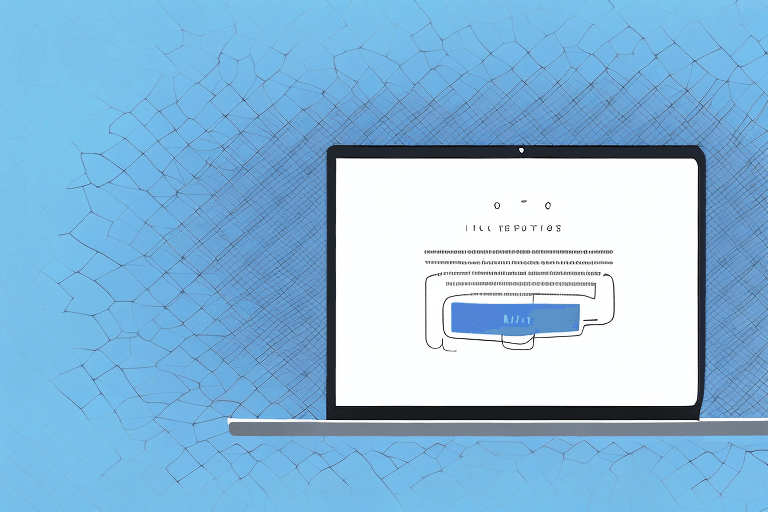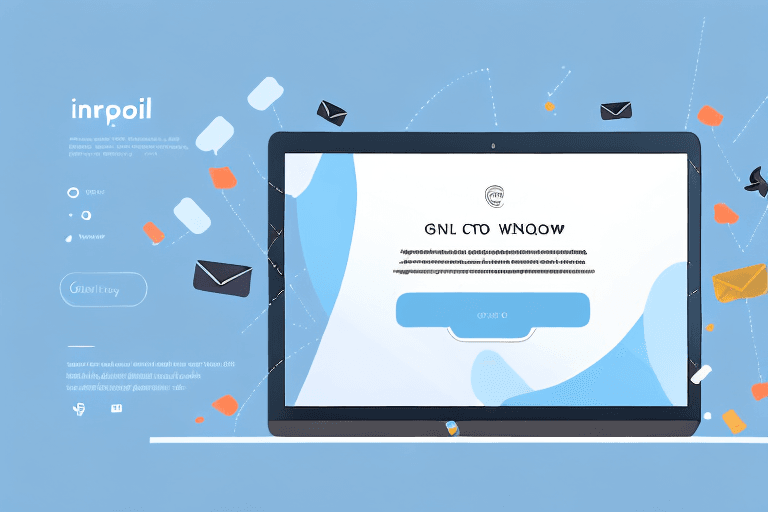When it comes to hiring, it's not just about selecting the right candidate. It's also about maintaining a positive relationship with all applicants, including those who aren't successful. This is where rejection emails come in. A well-crafted rejection email can help maintain professionalism, provide closure, and reduce the risk of negative feedback. In this article, we'll explore the key elements of an effective rejection email and how to create the perfect rejection email template for your business.
Understanding the Importance of Rejection Emails
Maintaining Professionalism and Brand Image
Rejection emails are an opportunity to show that your company values all applicants and treats them with respect. A professional and courteous email can help ensure applicants maintain a positive view of your brand, even if they weren't selected. It's important to remember that rejected candidates may still speak about your hiring process to others, so maintaining professionalism throughout is key.
When crafting a rejection email, it's important to keep in mind that the applicant may have invested a lot of time and energy in the application process. They may have researched your company, tailored their resume and cover letter, and even prepared for an interview. By acknowledging their efforts and thanking them for their interest in the position, you can help maintain a positive relationship with the applicant.
It's also important to provide specific feedback on why the applicant was not selected. This feedback can help the applicant understand where they may need to improve in their job search and can also show that your company values transparency and honesty.
Providing Closure for Applicants
Receiving a rejection email may not be the news an applicant was hoping for, but it does provide closure. Knowing where they stand in the process can help applicants move on and focus their efforts elsewhere. Leaving applicants waiting or in the dark regarding their application status can lead to frustration, negative feelings, and ultimately reflect poorly on your business as a whole.
Providing closure can also help applicants feel valued and respected. By taking the time to send a rejection email, you are showing that their application was important and that you appreciate the time and effort they put into it. This can help maintain a positive relationship with the applicant and may even encourage them to apply for future positions within your company.
Reducing the Risk of Negative Feedback
Rejection emails also play a key role in reducing the risk of negative feedback. Unhappy applicants may turn to social media, review sites, or even legal action to express their displeasure with the hiring process. By providing clear and concise feedback in a respectful manner, you can help prevent negative feelings from escalating.
It's important to remember that the job search process can be stressful and emotional for applicants. By providing a rejection email that is empathetic and understanding, you can help reduce the risk of negative feedback and maintain a positive relationship with the applicant.
Overall, rejection emails are an important aspect of the hiring process. They provide closure for applicants, maintain professionalism and brand image, and reduce the risk of negative feedback. By taking the time to craft a thoughtful and respectful rejection email, you can help ensure a positive experience for all applicants, even those who were not selected for the position.
Key Elements of an Effective Rejection Email
Rejection emails are an important part of the hiring process. While they may not be the most pleasant task, they are necessary for maintaining a positive relationship with applicants and protecting your company's reputation. In this article, we will explore the key elements of an effective rejection email.
Personalization and Empathy
As mentioned, the best rejection emails aren't cold and generic. They should be personalized and show empathy towards the individual. Addressing the applicant by name, acknowledging their efforts, and thanking them for their interest in the position can go a long way in maintaining a positive relationship. It's important to remember that job hunting can be a stressful and emotional process, so showing empathy can help ease the disappointment of not being selected.
For example, if the applicant had an impressive resume or cover letter, you could mention specific qualities that stood out to you. This can help the applicant see that their efforts were noticed and appreciated.
Clarity and Conciseness
When it comes to delivering bad news, it's important to be clear and concise. Avoid beating around the bush or using vague language. Explain the decision clearly and provide reasons if possible. However, it's also important to be mindful of the applicant's feelings and not come across as dismissive or insensitive.
For example, instead of saying "We have decided to go with another candidate," you could say "After careful consideration, we have decided to move forward with a candidate whose qualifications more closely align with the requirements of the position."
Constructive Feedback
Constructive feedback can help applicants understand why they weren't chosen and how they can improve for future opportunities. Avoid criticism and focus on specific areas that can be improved. Providing resources or suggestions on where to improve can also be helpful and show that your company values personal development.
For example, if the applicant lacked experience in a particular area, you could suggest resources or training programs that could help them gain that experience. This can help the applicant see that your company is invested in their professional growth.
Encouragement for Future Opportunities
A rejection email should never be the end of the relationship with an applicant. Encouraging them to apply for future opportunities or to keep an eye on job postings can help maintain a positive connection. It can also show that your company values applicants and is interested in their success.
For example, you could say "While we were unable to offer you the position at this time, we encourage you to apply for future opportunities with our company. We appreciate your interest and wish you the best of luck in your job search."
In conclusion, rejection emails are an important part of the hiring process and should be handled with care. By personalizing the email, being clear and concise, providing constructive feedback, and encouraging future opportunities, you can maintain a positive relationship with applicants and protect your company's reputation.
Crafting the perfect rejection email template is an essential part of the hiring process. While it may be uncomfortable to deliver bad news, it's crucial to do so in a respectful and empathetic manner. A well-crafted rejection email can leave a positive impression on the applicant and even encourage them to apply for future opportunities with your company.When it comes to the subject line and salutation, it's important to be clear and personalized. Using a subject line like "Application Update" can help the applicant understand the nature of the email, while addressing them by name can show respect and acknowledge their individual efforts.Starting the email with a thank-you message can help set a positive tone and show appreciation for the applicant's interest in the position. This can be followed by acknowledging any specific achievements or qualifications that impressed the hiring team. For example, if the applicant had a strong educational background or relevant work experience, this can be mentioned as a way to show that their efforts were not in vain.After the opening, it's time to deliver the bad news. While it may be tempting to use dismissive phrases like "we're going in another direction," it's important to be clear and empathetic. The applicant has likely put a lot of time and effort into their application, and they deserve to be treated with respect. Providing specific reasons for the decision can help the applicant understand why they were not selected and may even provide valuable feedback for future job applications.Offering feedback and encouragement can also be a valuable part of the rejection email. While it may not be possible to provide detailed feedback for every applicant, pointing out specific areas of improvement can help them understand how they can improve and learn from the experience. This should be delivered in a respectful and encouraging manner, with a focus on specific areas that can be improved.Finally, the closing and signature of the rejection email should be professional and courteous. Avoid sounding cold or dismissive, and express appreciation for the applicant's time and interest. This can be followed by a signature, which can include the name of the hiring manager or another representative from the company.In conclusion, crafting the perfect rejection email template requires a balance of empathy, professionalism, and respect. By following these guidelines, you can deliver bad news in a way that leaves a positive impression on the applicant and encourages them to apply for future opportunities with your company.## Conclusion
Rejection emails are a key aspect of the hiring process, and crafting the perfect template can help maintain professionalism, provide closure, and reduce the risk of negative feedback. Remember to be personal and empathetic, clear and concise, and always offer constructive feedback and encouragement. By following these guidelines, you can create a rejection email template that represents your business in the best possible light.




